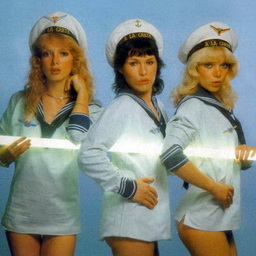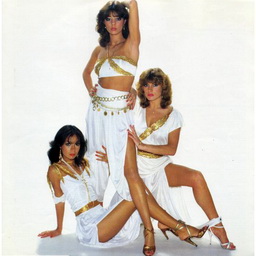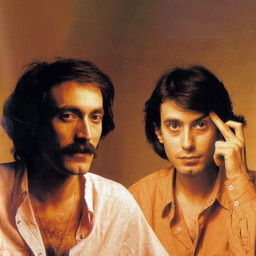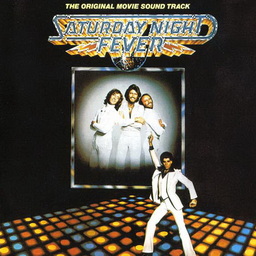Disco Music
Disco marked the dawn of the modern era of dance-based popular music. Growing out of the increasingly groove-oriented sound of early '70s and funk, disco emphasized the beat above anything else, even the singer and the song. Disco was named after discotheques, clubs that played nothing but music for dancing. Most of the discotheques were gay clubs in New York, and the DJs in these clubs specifically picked soul and funk records that had a strong, heavy groove. After being played in the disco, the records began receiving radio play and respectable sales. Soon, record companies and producers were cutting records created specifically for discos. Naturally, these records also had strong pop hooks, so they could have crossover success. Disco albums frequently didn't have many tracks - they had a handful of long songs that kept the beat going. Similarly, the singles were issued on 12-inch records, which allowed for extended remixes. DJs could mix these tracks together, matching the beats on each song since they were marked with how fast they were in terms of beats per minute. In no time, the insistent, pounding disco beat dominated the pop chart, and everyone cut a disco record, from rockers like the Rolling Stones and Rod Stewart to pop acts like the Bee Gees and new wave artists like Blondie. There were disco artists that became stars -- Donna Summer, Chic, the Village People, and KC & the Sunshine Band were brand names - but the music was primarily a producer's medium, since they created the tracks and wrote the songs. Disco lost momentum as the '70s became the '80s, but it didn't die - it mutated into a variety of different dance-based genres, ranging from dance-pop and hip-hop to house and techno.








